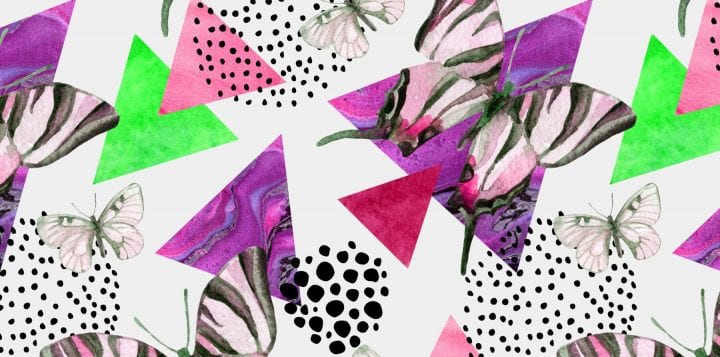
Like Sand, and Solid Ground
October 3, 2017
This season, our friends over at Poetry Northwest are partnering with us to present reflections on visiting writers from the SAL Poetry Series. Below, read an excerpt of Mattilda Bernstein Sycamore’s review of Advice from the Lights, Steph Burt’s latest collection.
Steph will open SAL’s Poetry Series at 7:30 p.m. on Monday, October 9 at McCaw Hall, Nesholm Family Lecture Hall. Tickets are still available here!
By Mattilda Bernstein Sycamore
In Advice from the Lights, Steph Burt’s new poetry collection (Graywolf, 2017), we hear from a variety of unlikely speakers: a hermit crab, a betta fish, a roly-poly bug, a herring gull, a water strider, a pair of ferrets, a secondhand flashlight, white lobelia flowers, kites, the Egyptian god Anubis, and even a “Fuzzy Golem Doll with 6” Keychain” at a Prague synagogue.
The Golem doll says, “I want to be chosen.”
The roly-poly bug says, “I answer the most banal // questions by quoting the questioner.” The herring gull adds, “I want to persuade myself that I don’t care.”
Anubis, the god of the afterlife, often pictured with the head of a dog, waxes philosophically: “Dog lovers, I have learned, have feline souls, requiring / companionship they cannot ‘find within.’ ”
The ferrets, in captivity, make circular arguments into circular shapes. And white lobelia hangs out, or hangs, in the garden store, gossiping with the petunias.
Personification plays an active role in Advice from the Lights, starting with the first poem, where a chunk of ice tells us, “I grew up in the human world,” and immediately becomes human, or feels human, or humanly. There is humor in these poems; pathos, insight, and charm; rhyme with and without reason; a sense of place and a place for sense. There is order, but also, at times, a slipperiness to the “I” that opens into a doubling of character and intent.
In “Hermit Crab,” the literal becomes figurative, and the figurative becomes literal:
Each home is a hideout; each home is a secret; each home /
is a getaway under the same hot lamp, a means /
to a lateral move at low velocity.
When the hermit crab says, “I live in a room in the room / of a boy I barely see,” we see the boy who sees the hermit crab. A memory, or potential memory, of childhood hopefulness and claustrophobia hovers beneath this observation. The hermit crab prompts joy toward the mysterious creature’s metamorphosis, but sadness at its death, along with a final, inevitable realization: “if I have a body that’s wholly my own / then it isn’t mine.”
In “Concord Grapes,” one of the final poems in the book, Burt asks:
What would it be like to belong /
entirely in your own body, or in your own country, or at /
your own address?
This is a central question in Advice from the Lights. There are the poems that explore a particular year of the author’s life, from 1979 to 1987, and then there are the poems that conjure a girlhood for the author that was not allowed. A girlhood where Stephen can be Steph or Stephanie, where this is uncomplicated, not where “I painted all ten of my toenails with Liquid Paper / then followed my father’s injunction and scraped it all off.”
Instead, in “Esprit Stephanie,” Burt imagines wearing lemon-yellow leggings and “Sweatshirts big enough to hide half a person,” the uniform of 1983 teen and tween girls. No longer limited to craving access to fashion choices disallowed by restrictive gender norms, “The hard work of appearances disappears.” But this doesn’t mean there isn’t hard work. Burt contemplates the possibilities, but doesn’t romanticize them. The poem ends:
I would like to compare my own growing up /
to sand, and you and you to solid ground
Advice from the Lights feels like sand, and solid ground. The Stephanie poems are poems for girls who were not allowed to be girls. They are dreamy and soft, like those sweatshirts, but not idyllic. “Tiara Stephanie” starts, “If the root / of experience is humiliation,” and humiliation is rarely comfortable, but here it’s offered as something chosen and transformed. This is not the humiliation of a girl who is not supposed to be a girl, but instead, one who ponders: “What is the root of mystery?”
Click here to read the rest of Mattilda’s review on the Poetry Northwest website.